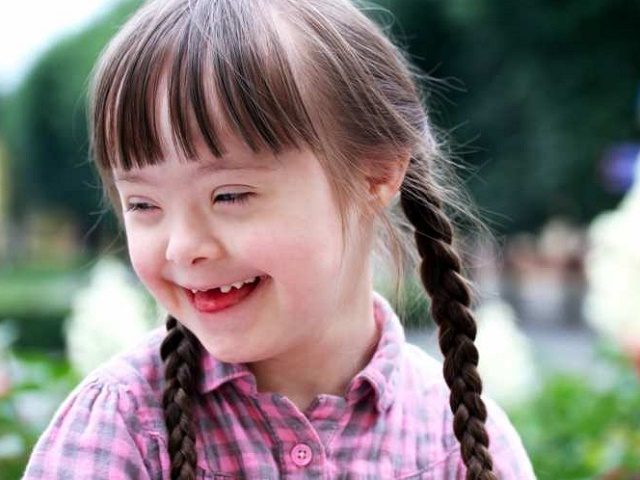The debate about how to represent images of children with Down Syndrome on French TV rages on.
France’s Conseil d’État (State Council) has confirmed its ban of the award-winning “Dear Future Mom” video from French television, declaring that the “inappropriate” images of happy Down syndrome children might bother women who had chosen to abort their babies.
The Council stated that the video in question could not be shown since it was “likely to trouble the conscience of women who had made different personal life choices in compliance with the law.”
According to studies, in France more than 80 per cent of all mothers pregnant with babies diagnosed with Down syndrome end up aborting their children.
“The law stipulates that only advertising messages or ‘messages of general interest’ be shown during commercial breaks. The Council determined that this film does not constitute a ‘message of general interest’,” the governing body said in a statement on its website.
[blockquote source=”mds”]“If laws in France stipulate that only ads with messages of general interest be shown, then does this hold true in all cases? If there have been exceptions, or if the rules have been flouted successfully before, then the Dear Future Mom video ought to be considered for display as well.”[/blockquote]
Likely To Disturb
Rather, it is “likely to disturb women who have had recourse to a medical termination of pregnancy and thus is inappropriate for airing during commercial breaks,” the statement added.
“Dear Future Mom” was produced for World Down Syndrome Day in 2014 and features smiling children and young adults with Down syndrome from different countries reassuring a worried pregnant woman that her child can be happy.
[blockquote source=”mds”]”The decision by France’s Conseil d’État is provocative. By not allowing the ad to be viewed the Conseil is acting as censor. But what is it blocking, and who are they protecting? It seems remarkable that they would want (or need to) shield parents who have aborted fetuses that have Down Syndrome. It’s not as if those parents will never be reminded of that wrenching decision elsewhere.
In any case, what about the rights of people with Down Syndrome to be portrayed in a natural positive light? And for parents of same to celebrate their decision to bring forth and nurture unique individuals who have special needs?
Strikes me as unseemly discrimination, with a soupcon of religious normativism tossed into the mix. Smiling children with Down Syndrome on French TV should not be an issue.”[/blockquote]
The Church Gets Involved
When he heard the news of the Council’s decision, Louisville Archbishop Joseph Kurtz, former president of the U.S. Bishops’ Conference, said he was “saddened but not surprised” to learn that the video had been banned on French television.
“This is a ‘must see’ piece that effectively counters many of the old and misguided stereotypes about people with Down Syndrome that continue to live in the imagination of so many,” said Kurtz, whose brother George, who passed away in 2001, had Down syndrome.
“Tragically across the globe, it is estimated that up to 90 percent of pregnancies with a Down Syndrome diagnosis end in abortion,” the Archbishop said. “I encourage all families who have received this diagnosis for their unborn child to view this video.”
The Global Alliance for Disability in Media and Entertainment has started a petition requesting that the Council reconsider its position, noting that “the discriminatory ban of the video sends the message that people with Down syndrome are unwelcome in society.”
The group said that the video represents an important effort “to challenge negative stereotypes and societal prejudices” against people with Down syndrome.
Final Word By mds
[blockquote source=”mds”]“It is interesting that the church is promoting the preservation of babies with Down Syndrome. Clearly this is based on the prohibition against abortion, and protecting the sanctity of unborn life. However what would happen if the 90% of affected fetuses were no longer terminated?
The costs of caring for and raising these children would be considerable. Parents of these special youngsters would face added challenges, without sufficient resources in place to properly assist. Is the church – and society at large – prepared to accommodate this? Sentiments are easily expressed. Actions are the hard part.”[/blockquote]
Note from MarkDSwartz (mds): My fair use of copyrighted material in this post is protected under the policy of Fisking, wherein I have provided original commentary, review and criticism.

Leave a Reply